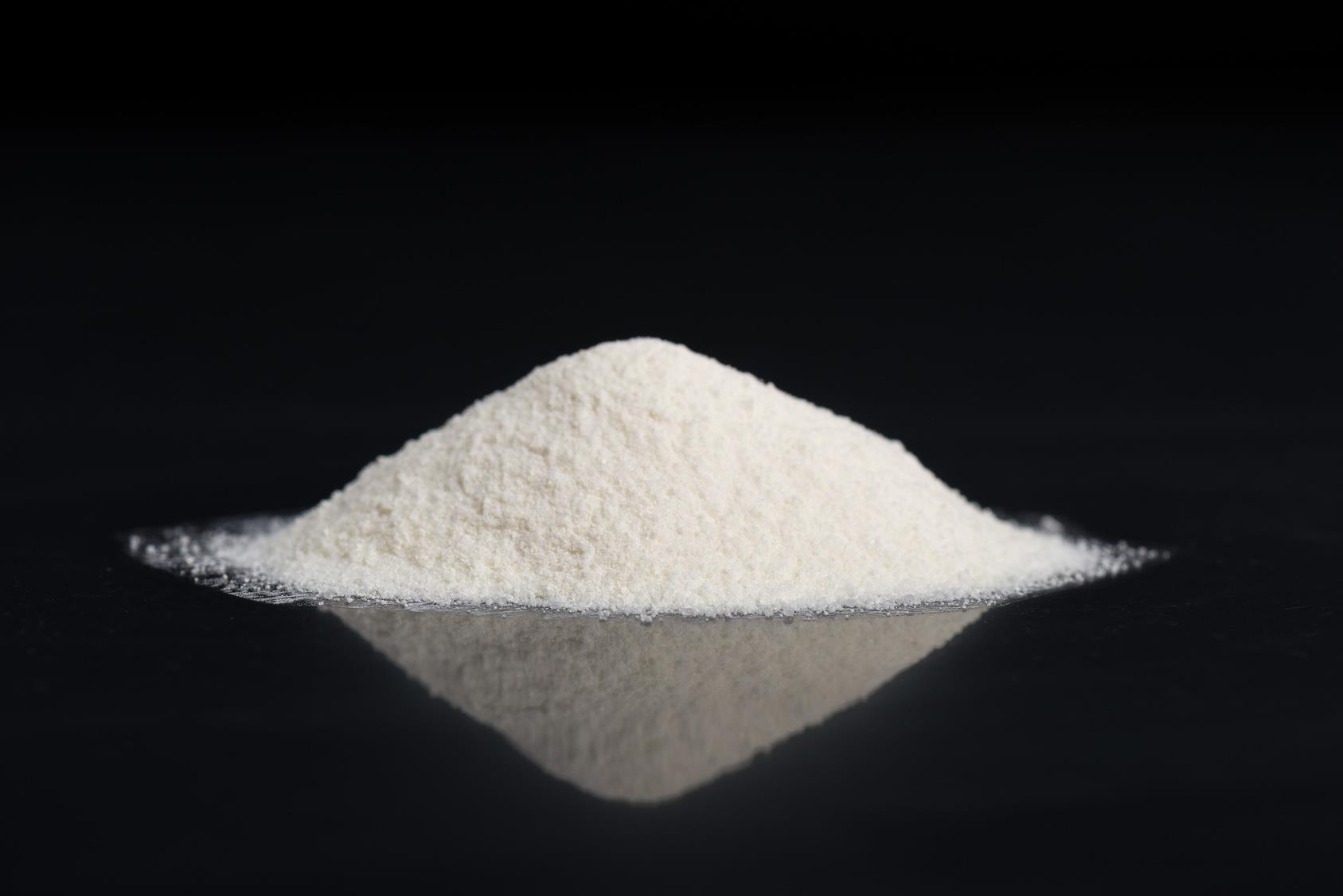Specialty Silica Market Developments Include Nanostructured Innovations For High-Tech Coating Systems

The Specialty Silica Market is witnessing a new wave of innovation with nanostructured silica technologies redefining the performance boundaries of high-tech coating systems. These advanced formulations leverage engineered surface morphologies, ultrafine particle sizes, and customizable porosity to deliver next-generation functional coatings for sectors including electronics, automotive, aerospace, and industrial equipment. As end-users demand multifunctional coatings that go beyond aesthetics to offer protection, efficiency, and longevity, specialty silica has emerged as a critical enabler of this transition.
Nanostructured Silica: Precision at the Nanoscale
Nanostructured silica is characterized by its highly controlled particle sizes—often below 100 nanometers—and engineered surface features that allow precise interaction with other coating components. These properties create a wide range of desirable effects:
-
Scratch and abrasion resistance: Silica particles enhance hardness while maintaining transparency in clear or colored coatings.
-
Thermal and UV protection: Nanostructures scatter infrared and ultraviolet radiation, preserving material integrity and colorfastness.
-
Hydrophobic and self-cleaning surfaces: Modified silicas contribute to lotus-effect coatings with superior water repellency.
-
Anti-reflective functionality: Porous silica films reduce light reflection on optical and display surfaces, improving clarity and visibility.
By adjusting particle size distribution, surface treatment chemistry, and pore architecture, formulators can fine-tune coating characteristics for very specific performance outcomes.
Electronics Sector Drives High-Purity Silica Demand
In electronics, where devices are becoming smaller, thinner, and more sensitive, high-performance coatings play a vital role in product durability and user experience. Nanostructured silica is used in:
-
Anti-glare and anti-reflective screen coatings for smartphones, tablets, and monitors.
-
Thermal barrier coatings on printed circuit boards to manage heat buildup in dense assemblies.
-
Scratch-resistant and oleophobic layers on touchscreens and camera lenses.
The consumer electronics industry, especially in regions like East Asia and North America, continues to push the boundaries of performance, necessitating silica grades with extremely low impurity levels and precisely engineered physical characteristics.
Automotive Coatings Embrace Multifunctionality
Automotive paints and coatings must endure extreme environmental conditions—UV exposure, temperature shifts, mechanical wear, and chemical interactions. Nanostructured silica improves multiple aspects of automotive coatings, including:
-
Clear coat toughness: Enhancing resistance to micro-scratches from dust, car washes, or keys.
-
Weather durability: Protecting base layers from UV degradation and corrosion.
-
Self-cleaning and water repellency: Especially in premium vehicles, hydrophobic finishes are valued for aesthetics and maintenance reduction.
Nanostructured silica also supports waterborne formulations, helping automotive OEMs reduce volatile organic compound (VOC) emissions and comply with global environmental standards.
Aerospace and Industrial Applications: High-Stakes Performance
In aerospace and heavy industry, coatings must perform under the most demanding conditions. Nanostructured silica plays an essential role in:
-
Thermal control coatings: For aircraft fuselages and turbine housings, where heat dissipation is crucial.
-
Anti-icing layers: Preventing snow and frost accumulation on critical surfaces like wings and rotor blades.
-
High-durability finishes: Protecting machinery, pipelines, and equipment in chemically aggressive or abrasive environments.
Silica’s ability to maintain functional integrity without reacting or degrading under harsh conditions makes it ideal for these specialized uses.
Customized Coating Systems Enable Differentiation
One of the key trends in specialty silica development is the rise of tailor-made formulations. Coating producers are working closely with silica manufacturers to co-develop systems that balance performance, aesthetics, and sustainability.
Examples include:
-
Matting agents with controlled haze for luxury packaging and architectural finishes.
-
Conductive coatings for anti-static or EMI-shielding applications using silica in hybrid formulations.
-
Anti-fingerprint layers where silica improves tactile response while minimizing residue retention.
Silica’s compatibility with resins such as polyurethane, acrylic, epoxy, and siloxane further supports its integration into a wide spectrum of coating chemistries.
Innovation Pipeline: What’s Next?
Leading producers are investing in R&D focused on the next frontier of silica-enabled coatings. Developments underway include:
-
Sol-gel derived coatings using silica precursors to create hybrid organic-inorganic networks with exceptional stability.
-
Smart coatings that change properties based on temperature, humidity, or light exposure, using silica as a responsive matrix.
-
Bio-based and biodegradable coatings where silica serves as a natural alternative to synthetic additives.
Collaborations with academic institutions, tech startups, and research consortia are accelerating the pace of these breakthroughs.
Sustainability in High-Tech Coating Formulations
While performance is critical, sustainability is no longer optional. Nanostructured silica enables the creation of low-VOC, solvent-free, and water-based coatings that meet green regulations without compromising quality.
Moreover, silica’s non-toxic and non-bioaccumulative profile helps formulators meet the rising demand for clean-label industrial coatings—especially in indoor applications or areas with stringent emissions laws.
Efforts are also underway to produce nanostructured silica through low-energy synthesis methods and to reduce waste during dispersion and milling. These eco-efficient practices are becoming a competitive differentiator in the coatings value chain.
Global Demand and Market Projections
According to industry projections, the market for nanostructured silica in coatings is expected to grow at a CAGR exceeding 8% through 2030. This growth will be particularly strong in:
-
Asia-Pacific: Led by China, South Korea, and Japan, where electronics and automotive manufacturing dominate.
-
Europe: Driven by aerospace demand, sustainability regulations, and advanced industrial coatings.
-
North America: Where innovation hubs are creating next-gen coatings for defense, transportation, and energy.
Emerging economies in Southeast Asia and Latin America are also investing in high-tech infrastructure and machinery, creating new opportunities for silica-based coatings.
Conclusion: Silica Leads the Evolution of Functional Coatings
Nanostructured innovations in specialty silica are enabling a new class of coatings that are multifunctional, sustainable, and highly durable. From anti-glare smartphone displays to anti-corrosive industrial equipment, silica’s transformative role is clear.
The next article will examine Specialty Silica Market Opportunities Increase In Industrial Filtration And Catalyst Support Solutions, exploring how porous and functionalized silica grades are gaining ground in environmental and process technologies.
- Art
- Causes
- Crafts
- Dance
- Drinks
- Film
- Fitness
- Food
- Juegos
- Gardening
- Health
- Home
- Literature
- Music
- Networking
- Other
- Party
- Religion
- Shopping
- Sports
- Theater
- Wellness
- IT, Cloud, Software and Technology


